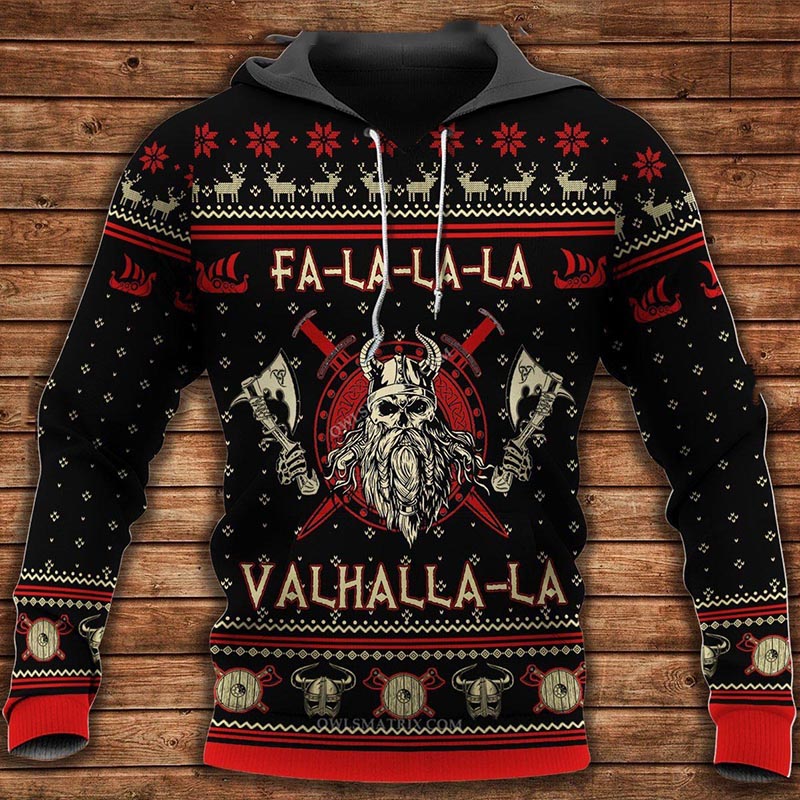John Deere V1 3D All Over Print Shirt
KEY FEATURES:
- Ideal for cooler days, but still very comfortable to wear in summer. Safeguards your skin from harmful Ultraviolet Rays. Cool fabric breathes very well on hot days.
- Suitable for special occasions such as Christmas, birthday, celebration, housewarming gift.
PRODUCT INFORMATION:
- 35% Cotton – 65% Polyester. Soft and comfortable
- Without ever fading, cracking, peeling or flaking-High quality. The colours are vibrant and won’t fade.
- Taped neck and shoulders for durability; Tubular rib collar for better stretch and recovery
- Silky, lightweight and moisture-wicking knit that keeps you cool and dry while training. Soft to the touch and easy on the skin. Designed for excellent ventilation and breathability, dissipates heat easily.
PRINT: Dye-sublimation printing
WASHABLE: Machine wash cold, only non-chlorine bleach when needed, hang dry, cool iron on the reverse side or dry clean
Tractors can be generally classified by number of axles or wheels, with main categories of two-wheel tractors (single-axle tractors) and four-wheel tractors (two-axle tractors); more axles are possible but uncommon. Among four-wheel tractors (two-axle tractors), most are two-wheel drive (usually at the rear); but many are two-wheel drive with front wheel assist, four-wheel drive (often with articulated steering), or track crawler (with steel or rubber tracks).
Volvo T25, 1956, gasoline tractor
The classic farm tractor is a simple open vehicle, with two very large driving wheels on an axle below and slightly behind a single seat (the seat and steering wheel consequently are in the center), and the engine in front of the driver, with two steerable wheels below the engine compartment. This basic design has remained unchanged for a number of years, but enclosed cabs are fitted on almost all modern models, for reasons of operator safety and comfort.
In some localities with heavy or wet soils, notably in the Central Valley of California, the “Caterpillar” or “crawler” type of tracked tractor became popular in the 1930s, due to superior traction and flotation. These were usually maneuvered through the use of turning brake pedals and separate track clutches operated by levers rather than a steering wheel.

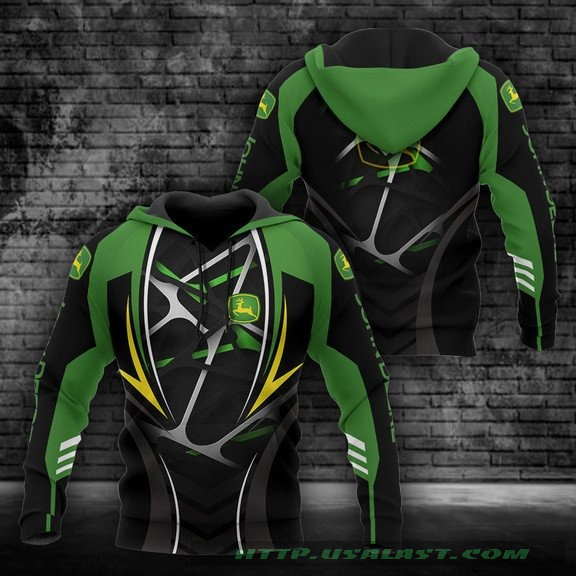
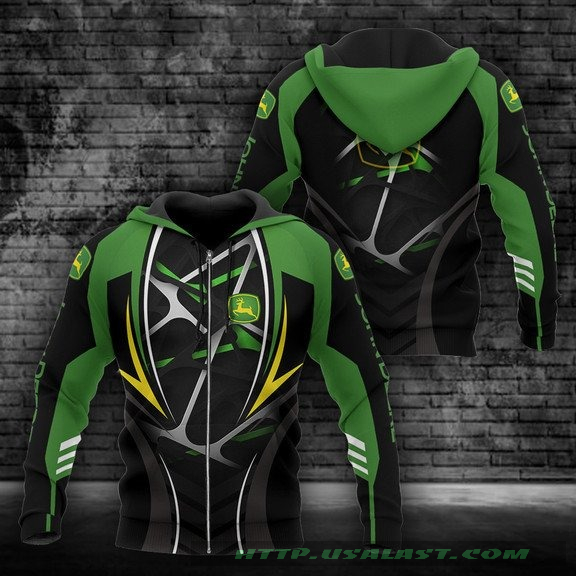
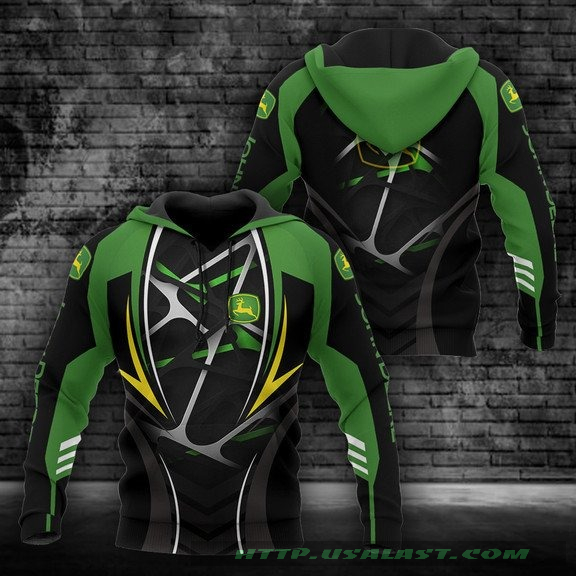
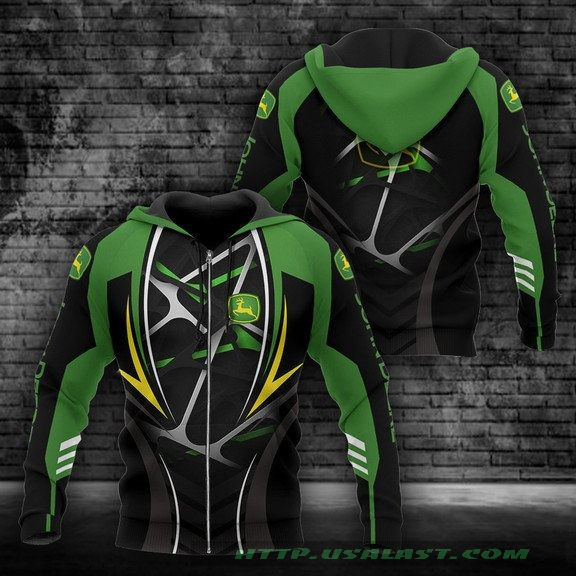
 LIMITED EDITION
LIMITED EDITION 


